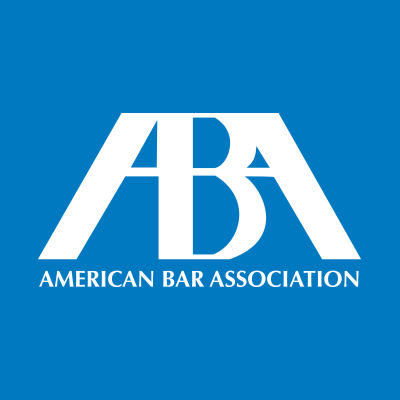ABA files amicus brief seeking to uphold travel ban injunction

The American Bar Association has asked the Richmond, Virginia-based 4th U.S. Circuit Court of Appeals to let stand an injunction blocking President Donald Trump’s travel ban, the ABA announced late Wednesday.
The association’s amicus brief (PDF) was filed in International Refugee Assistance Project v. Trump, in which multiple organizations and individuals allege that Trump’s second executive order banning travelers from six majority-Muslim countries violates the establishment clause of the First Amendment. U.S. District Judge Theodore Chuang of Maryland enjoined that provision of the executive order in mid-March, saying it likely violated the establishment clause of the First Amendment as well as anti-discrimination provisions of the Immigration and Nationality Act.
The ABA’s brief was submitted in the government’s appeal of that case, on behalf of IRAP and the other plaintiffs. In its statement of interest, the organization notes that the House of Delegates passed Resolution 10C (PDF) at this year’s Midyear Meeting in Miami, raising concerns about the original travel ban and urging the president to “not use religion or nationality as a basis for barring an otherwise eligible individual from admission to the United States.”
Likewise, the amicus brief takes a strong stance against the ban.
“The order, in short, appears to be an arbitrary exercise of executive power which harms not only the foreign nationals excluded from the United States, but disrupts close family and business or academic relationships that many American citizens and permanent residents have with these foreign nationals,” the brief says.
The brief argues that the executive order violates the Immigration and Nationality Act of 1965, a foundation of current immigration law. The INA expressly bans discrimination on the basis of national origin and race when issuing immigrant visas, the brief says, in part because it was replacing a set of immigration laws expressly intended to prefer immigration from northern and western Europe.
The government argues that a provision of the 1952 INA, an earlier version of the law, permits Trump to deny entry to anyone when he believes their entry would be “detrimental to the United States.” But under normal rules of statutory interpretation, the 1965 act should limit or supersede the 1952 act, the brief says.
And even if the 1952 provision does permit the president to deny entry to certain classes of people on the basis of national origin, the brief argues, there is no “facially legitimate and bona fide” reason for such discrimination in this case as required under the U.S. Supreme Court’s decision in Klinedienst v. Mandel, the brief says. The only national of any of the six banned countries who has committed acts of terrorism after being admitted to the United States was a Somali naturalized citizen who entered the United States at the age of 3, it says.
“Absent support for a link between national security and national origin, the order is an arbitrary act with no facially legitimate or bona fide purpose, which directly harms Americans with close relationships with persons denied entry by the order,” the brief says.
Finally, the brief rejects the argument that the president’s orders are not reviewable in a court of law, saying accepting this “would be to ignore the basic role assigned to the judiciary in our system of separation of powers.” (A similar argument was strongly rejected by the San Francisco-based 9th U.S. Circuit Court of Appeals in this year’s Washington v. Trump.)
Oral arguments in the case are scheduled for May 8.
That lawsuit is separate from Hawaii v. Trump, another challenge to the executive order brought by the state of Hawaii. That case is pending before the 9th Circuit, which will consider whether an injunction against the entire executive order should stand. The ABA expects to file a similar amicus brief in that case Friday, the press release says. Oral arguments in that case are scheduled for May 15 in Seattle.



